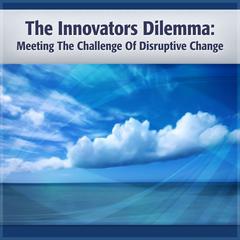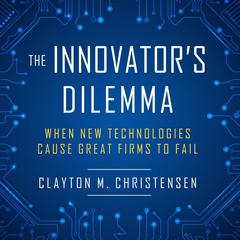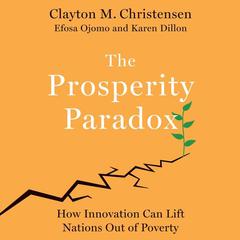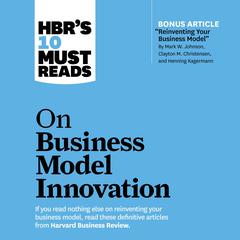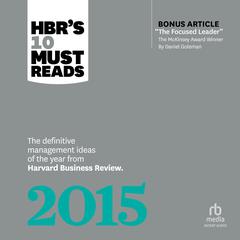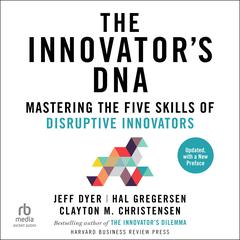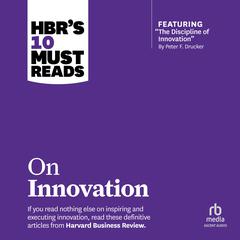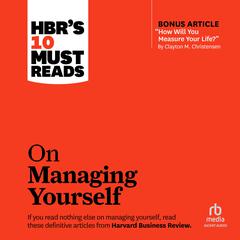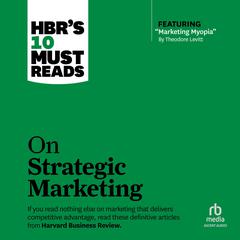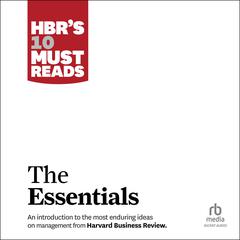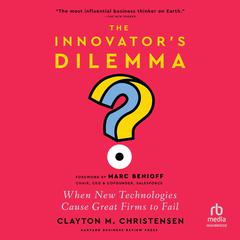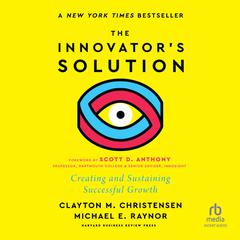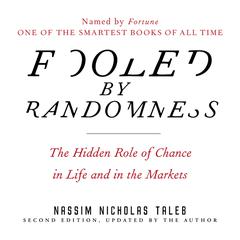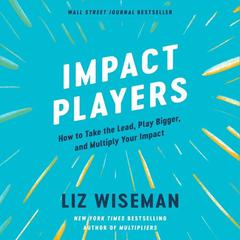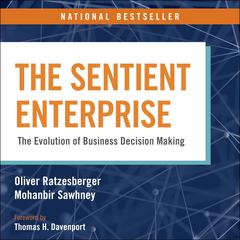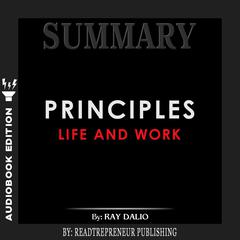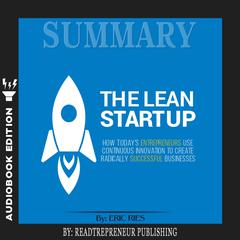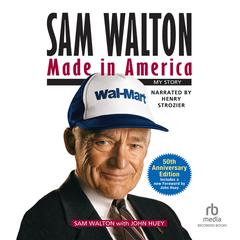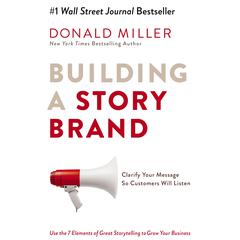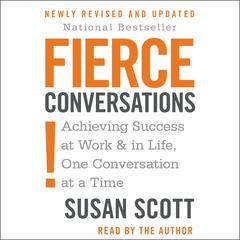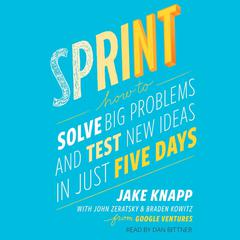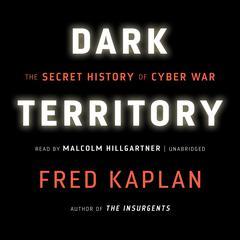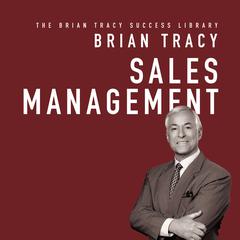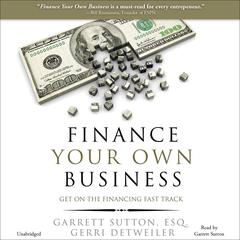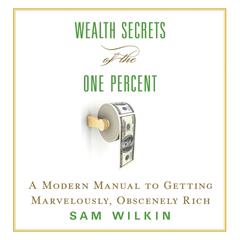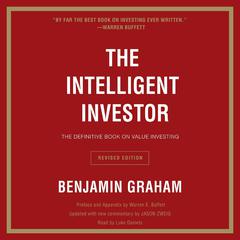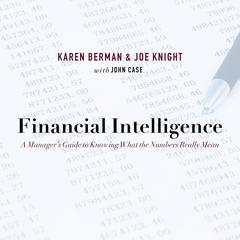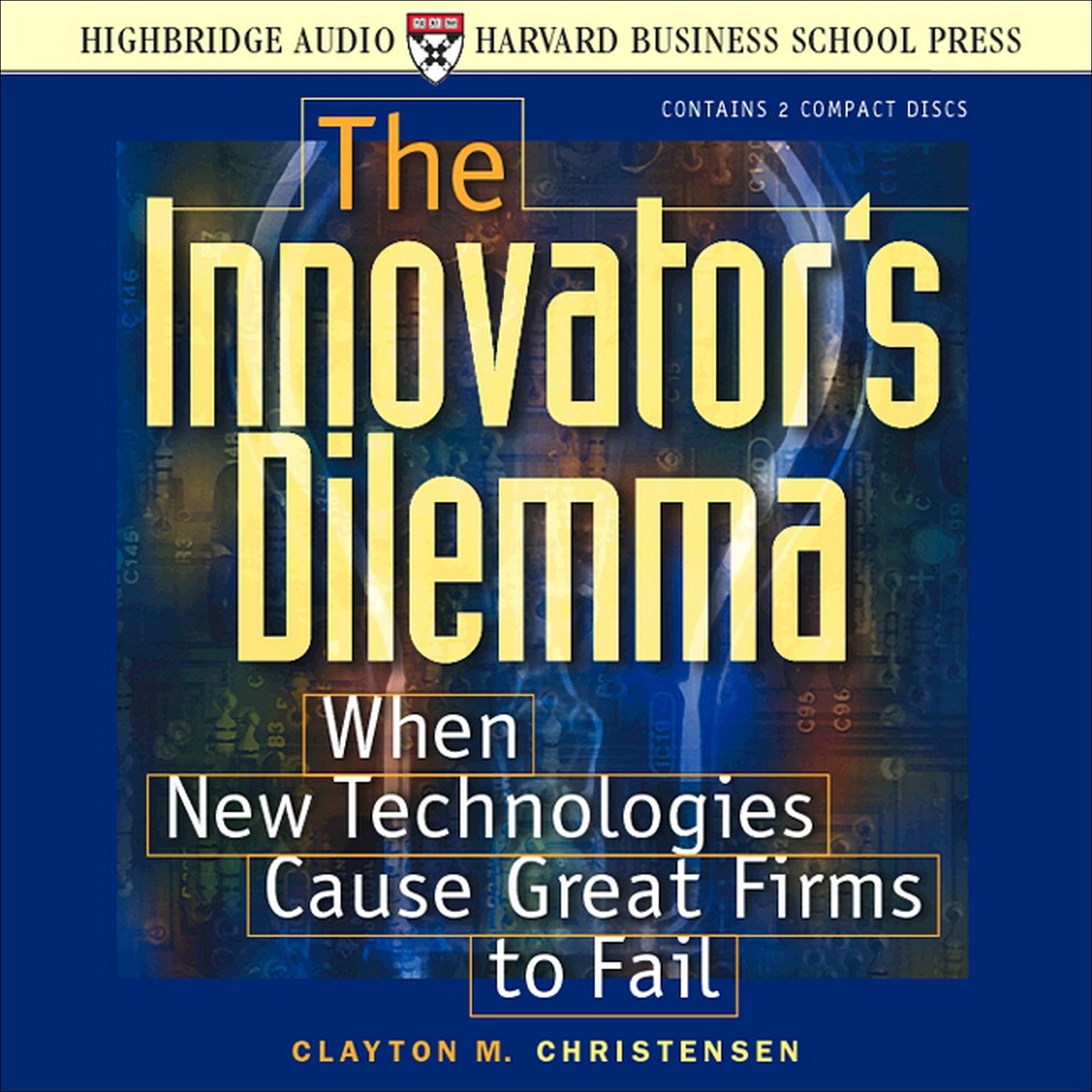 Play Audiobook Sample
Play Audiobook Sample
The Innovator's Dilemma (Abridged): When New Technologies Cause Great Firms to Fail Audiobook
 Play Audiobook Sample
Play Audiobook Sample
Quick Stats About this Audiobook
Total Audiobook Chapters:
Longest Chapter Length:
Shortest Chapter Length:
Average Chapter Length:
Audiobooks by this Author:
Publisher Description
Great companies can fail—not because they do anything wrong, but because they do everything right. Meeting customers' current needs leads firms to reject breakthrough innovations-"disruptive technologies" that create the products and opportunities of the future. Radical thinking . . . and a wake-up call. Citing examples from many industries (computers, retailing, pharmaceuticals, automobiles, steel), Clayton M. Christensen explains how to avoid a similar fate. He presents strategies for determining when not to listen to customers, when to pursue small markets at the expense of larger ones, and other ways to ensure long-term growth and profit. This award-winning book shows managers the changes that may be coming—and how to respond for success.
Download and start listening now!
"A seminal book on marketing new ideas and breaking away from corporate blinders. The dilemma being that those blinders are what made your current company successful but they are also the blinder that will "blind" it from the threat of a disruptive technology. "
— Curtis (4 out of 5 stars)
The Innovator's Dilemma Listener Reviews
-
" Nice concept. Would have made an awesome pamphlet. "
— Greg, 2/16/2014 -
" Perfect read for the tech industry on why smart people in smart companies fail to take advantage of disruptive opportunities until it's too late. "
— John, 2/14/2014 -
" Believe everything you've heard about this book. A great way to understand the barriers and weaknesses to disruptive technologies. "
— Dan, 2/10/2014 -
" Boring at times, but I definitely learned A LOT "
— Nyssa, 1/25/2014 -
" I expected more from this book. If you want to learn about innovation, read Steve Jobs's biography instead. This book instead highlights the pitfalls of focusing on sustaining technologies rather than disruptive technologies. I don't dispute Christensen's findings, but I wanted him to move me more and I feel little having finished the book. "
— Sean, 1/22/2014 -
" Interesting perspective on the power of small, nimble teams as opposed to the elephant in the room. Recommend for anyone developing a disruptive technology and anyone that may need to defend against one. "
— Ryan, 1/12/2014 -
" Very theoretical sort of stuff. Read some entrepreneur's blog for better insights than reading a old fashioned book like this. Sorry I dropped the book after 20 odd pages and skimming a few more. "
— Saurabh, 12/4/2013 -
" Love the examples they use in this book, especially the Kmart discussion. Really fascinating look into your highest moment actually being your most vulnerable one. "
— Katie, 11/26/2013 -
" Mind blowing book. Best business book I've ever read. Great for outlining your startup strategy. "
— Matias, 11/1/2013 -
" Stop takling about this book and read it already! "
— Kav, 9/29/2013 -
" Solid airport-business reading, but it identifies a fascinating set of dynamics that seem broadly relevant -- why is it that doing what we are supposed to do, we fail to take advantage of important new paradigms until it is too late for us to do so effectively? "
— Jack, 9/7/2013 -
" Very nice. It's a shame I didn't read that 10 years ago : this was Christensen's Ph.D. dissertation. It has depth most management best-sellers don't have, plus really specific examples. I'll read it again for sure. "
— Francis, 8/15/2013 -
" The book is amazing. It's also very well written. The lessons in this book are timeless. Clearly shows how start-ups can thrive without being crushed by giants. The language using in the book is also very easy to follow. I liked the book and I think it's a must-read. "
— Daniel, 8/3/2013 -
" This is a fast-read book that illustrates why many market-leading companies still fail when confronted with disruptive technologies "
— Saeed, 3/17/2013 -
" This book just changed my life. "
— Ricky, 3/6/2013 -
" A little repetitive, but good points! "
— Marie, 2/15/2013 -
" Very good analysis of why large companies fail. The book depicts very well connections between innovation and organisational structure. It's simply hard to change when you are large and profitable. "
— Deniss, 8/26/2012 -
" A great idea, some decent history. Beyond that it's just annoying business-book patterns (three subheadings per page), no fewer than six mismatched fonts used in the typesetting, and lots of advice for managers of big companies. Deserves the BusinessWeek recommendation. "
— Tom, 7/14/2012 -
" This is an excellent book. It is a very robust study of market dynamics and disruptive innovations. When reading the book, it feels like you are reading the handbook for all VC's and Google's business strategy. "
— nitin, 6/29/2012 -
" The home run everyone says it is. "
— Marcel, 5/20/2012 -
" A classic for understanding the bigger-picture cycles of change in the business world. "
— Chris, 12/5/2011 -
" One of teh best innovation book ever... a classic "
— Ryan, 9/1/2011 -
" Partly read in 2010. a little dated and yet the idea of managing disruptive technological change continues to be timely and the rate of disruptive change is getting only faster. "
— Veronica, 8/25/2011 -
" Great insights on what makes really good companies fail in times of technological disruption. I had a lot of insights that were very applicable to my company. "
— Brad, 8/3/2011 -
" a bit wordy, and since i am not a manager but rather an innovator (in the terminology of the book) could have been condensed with about 75% without compression loss - but the author makes his case very persuasively. "
— Jussi, 6/20/2011 -
" Very interesting. It helps that I'm already interested in the key case studies (computer memory and electric cars) "
— Dj, 6/6/2011 -
" An interesting book on the arcs of innovation. It's a bit dated but the concepts are relevant. "
— Anne, 4/18/2011 -
" Solid airport-business reading, but it identifies a fascinating set of dynamics that seem broadly relevant -- why is it that doing what we are supposed to do, we fail to take advantage of important new paradigms until it is too late for us to do so effectively? "
— Jack, 3/20/2011 -
" I have been there. This book nails a fundamental in business. "
— Rex, 3/5/2011 -
" Finally read this book. Christensen does a great job of laying out the organizational structure and management practice needed to cultivate a product that threatens to disrupt the company's core business. "
— Shawnkm, 1/22/2011 -
" Very nice business classic about the challenges of supporting disrupting innovations. The introduction of the concept of sustaining innovation on the one hand and of disrupting innovation on the other hand alone is worth reading the book for. "
— Collin, 1/3/2011 -
" My favourite business book. It presents very interesting insights on how to success in the globalized world. "
— Rodolfo, 12/29/2010 -
" Boring at times, but I definitely learned A LOT "
— Nyssa, 11/29/2010 -
" A fascinating study of why successful technologies companies continually fail against smaller more nimble companies. Extremely well researched, and lucid study. "
— Ben, 9/23/2010 -
" classic book on innovation.. The author makes me realize that innovation can sometimes un-effective, innovation must be done at the right time. Any company who believe innovation can only give profit must read this book. "
— Albert, 9/22/2010
About Clayton M. Christensen
Clayton M. Christensen is the Kim B. Clark Professor of Business Administration at Harvard Business School and the architect of and the world’s foremost authority on disruptive innovation.
About the Narrators
L. J. Ganser is a multiple Audie Award–winning narrator with over six hundred titles recorded to date. Prized for versatility, his work ranges from preschool books to crime noir thrillers, from astronomical adventures in both science and science fiction, to Arctic Circle high school basketball stories. He lives in New York City with his family and dog, Mars.
Don Leslie has appeared on Broadway, off Broadway, and in regional theaters throughout the country. He has been heard in thousands of commercials, promos for all the broadcast networks and most cable stations, political campaigns, movie trailers, and over fifty audiobooks.





